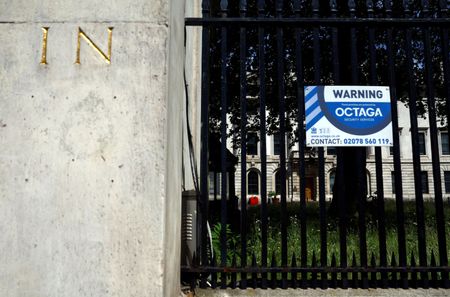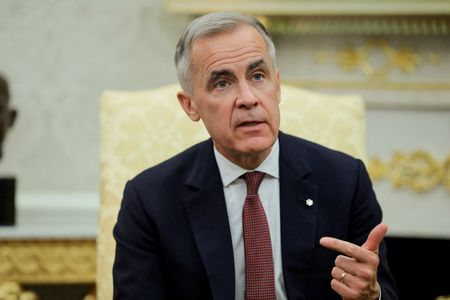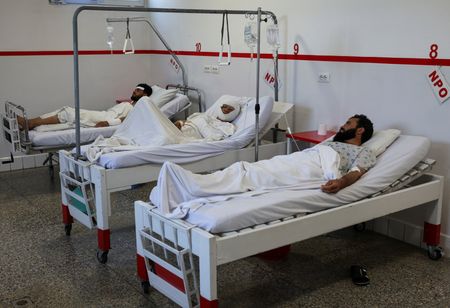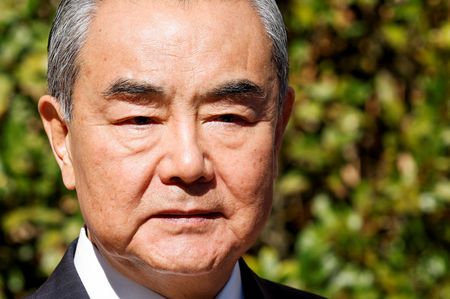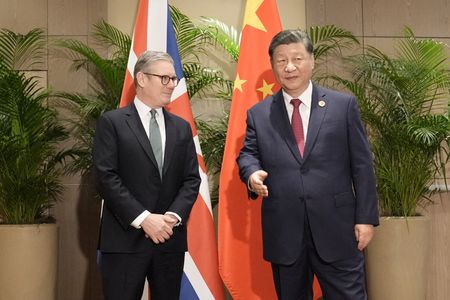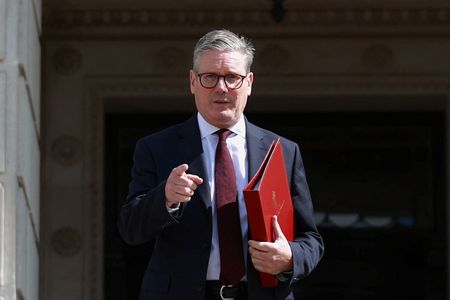By Andrew MacAskill and Sam Tabahriti
LONDON (Reuters) -Britain delayed a decision on whether to approve China’s plans to build the largest embassy in Europe in London for a second time on Thursday, as ministers faced pressure over the collapse of a trial of men accused of spying for Beijing.
China’s plans to build a new embassy on the site of a two-century-old building near the Tower of London have stalled for the past three years because of opposition from local residents, lawmakers and Hong Kong pro-democracy campaigners in Britain.
Concerns that the new embassy could be used as a base for spying have prompted some politicians in Britain and the U.S. to urge the government to block Beijing’s plans.
The government’s Department of Housing said in a letter seen by Reuters that it would now rule on whether the project could go ahead by December 10, rather than by October 21, because of delays in receiving responses from the interior and foreign ministries.
Asked if it was delayed for political reasons, Prime Minister Keir Starmer’s spokesperson said “the detailed nature” of the submissions meant more time was needed to consider them.
The timing of the decision is politically sensitive for Starmer’s government after officials were accused of downplaying the threat China poses following the collapse of a trial of two British men charged with spying for China.
Starmer’s Labour government has made improved relations with China a key priority despite allegations that Beijing is behind espionage and cyber-attacks in Britain.
Britain’s prosecutors unexpectedly dropped charges last month against two British men, former parliamentary researcher Christopher Cash and academic Christopher Berry, who were accused of spying for Beijing between 2021 and 2023 after the government declined to declare Beijing an enemy.
The two men deny passing politically sensitive information to China. The government says the decision to drop the case was made by prosecutors on legal grounds and that ministers did not interfere.
The Chinese government purchased the site for the new embassy, at Royal Mint Court, in 2018 but its requests for planning permission were rejected by the local council in 2022. Chinese President Xi Jinping asked Starmer last year to intervene.
Starmer’s government then took control of the planning decision. Opposition politicians have called on the government to block the plans because of the proximity to strategic fibre-optic cables that go underneath the site.
Asked if he had concerns about the location of the embassy, the head of Britain’s MI5 said on Thursday his spy agency had more than a century of experience dealing with the security risks of foreign embassies.
“You would expect us to give our best professional security advice to the government,” he said. “And you would expect us to keep that advice private.”
(Reporting by Andrew MacAskill and Sam Tabahriti. Editing by Alex Richardson and Mark Potter)

